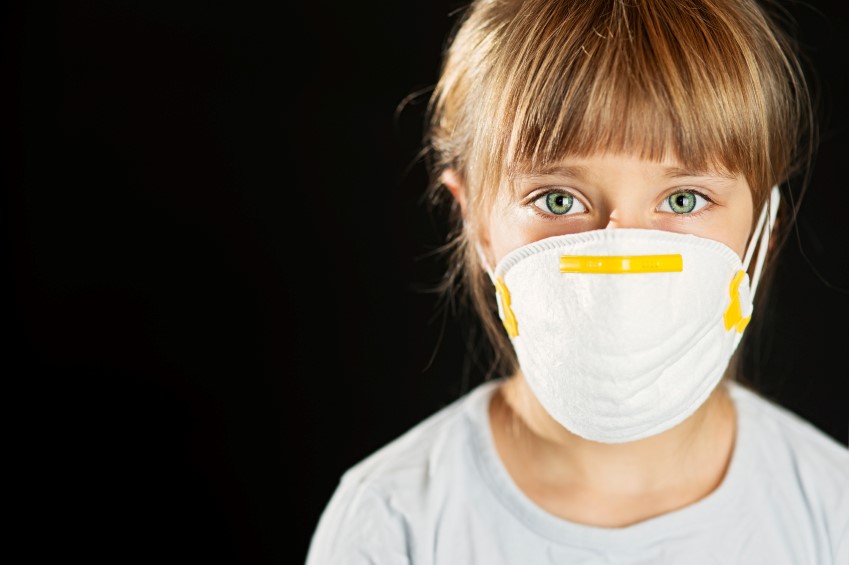 Poisoning in one of the top 5 causes of accidents in the U.S. In fact, more than 2.5 million people report a concern over accidental poisoning every year, while over 60,000 young children are treated annually in emergency care facilities.
Poisoning in one of the top 5 causes of accidents in the U.S. In fact, more than 2.5 million people report a concern over accidental poisoning every year, while over 60,000 young children are treated annually in emergency care facilities.
Here’s just some of what you can do to prevent accidental poisoning in your home:
Medicines & Prescription Drugs
If you have toddlers at home, it’s probably good enough to keep them safely out of reach of any poisons for the time being. Still, the older they get, the more inquisitive they become, so at some point, you might want to consider keeping prescription drugs under lock and key.
Follow Directions
When taking or giving medications to a family member, read and follow all the directions down to the last detail. Also, keep an eye on their expiration dates and discard any that have expired.
Chemical Cleaning Products
Our best advice is get rid of as many of them as you can and replace each one with a green cleaning substitute. You can even make your own using household cleaning products using items you no doubt already have, baking soda and vinegar included. If you do have a supply of chemical cleaners, please be sure that packages and bottles are shut and secured at all times, and as far from the reach from exploring eyes and hands as possible. What’s more, keep all cleaning products in their original containers to avoid any confusion over what the contents might be.
Household Plants
Even if a plant isn’t poisonous, a child can still choke on it. At the same time, some plants have higher than normal toxicity levels and are not safe in an environment where young children live and play. These include daffodils, hyacinths, Aloe Vera, English Ivy, philodendron, and others. Ask your local florist for details.
When in Doubt
If you even suspect poisoning has occurred, call the Poison Control Hotline at 1-800-222-1222. In the meantime, let basic common sense and constant vigilance be the orders of the day both at work and home.






